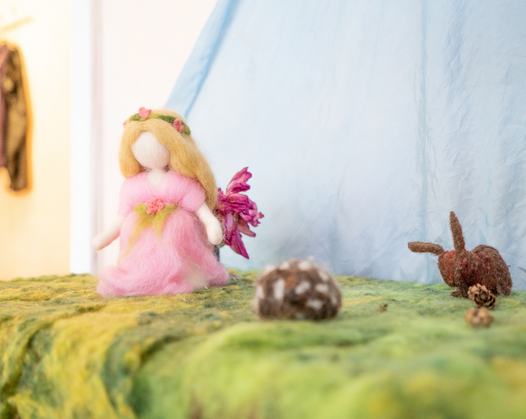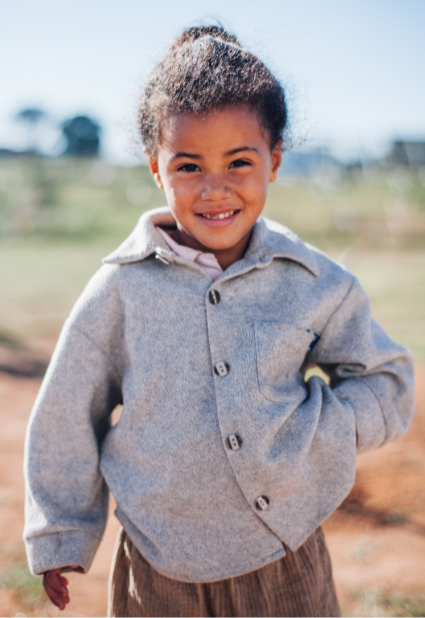Orientations and guiding principles of the Kindergarten educational program
Here are the main principles on which our approach is based.
1. Recognize that each child is unique
Each child develops at their own pace. Our educational approach fosters the awakening of their full potential.
2. Educate the whole child
The development of the young child is a global integrated process that takes place simultaneously in four areas:
physical and motor, cognitive, language and social.
3. Respect childhood
Awaken the child’s various faculties at the right time, neither too early nor too late.
4. The importance of rhythm and healthy lifestyle habits
Learning to situate oneself in space and time
through activities that are repeated and in tune with the rhythm of the seasons.
5. Living a harmonious relationship with others and the world.
Interventions that promote autonomy,
active learning and self-confidence, as well as the child’s ability to establish harmonious relationships with peers.




